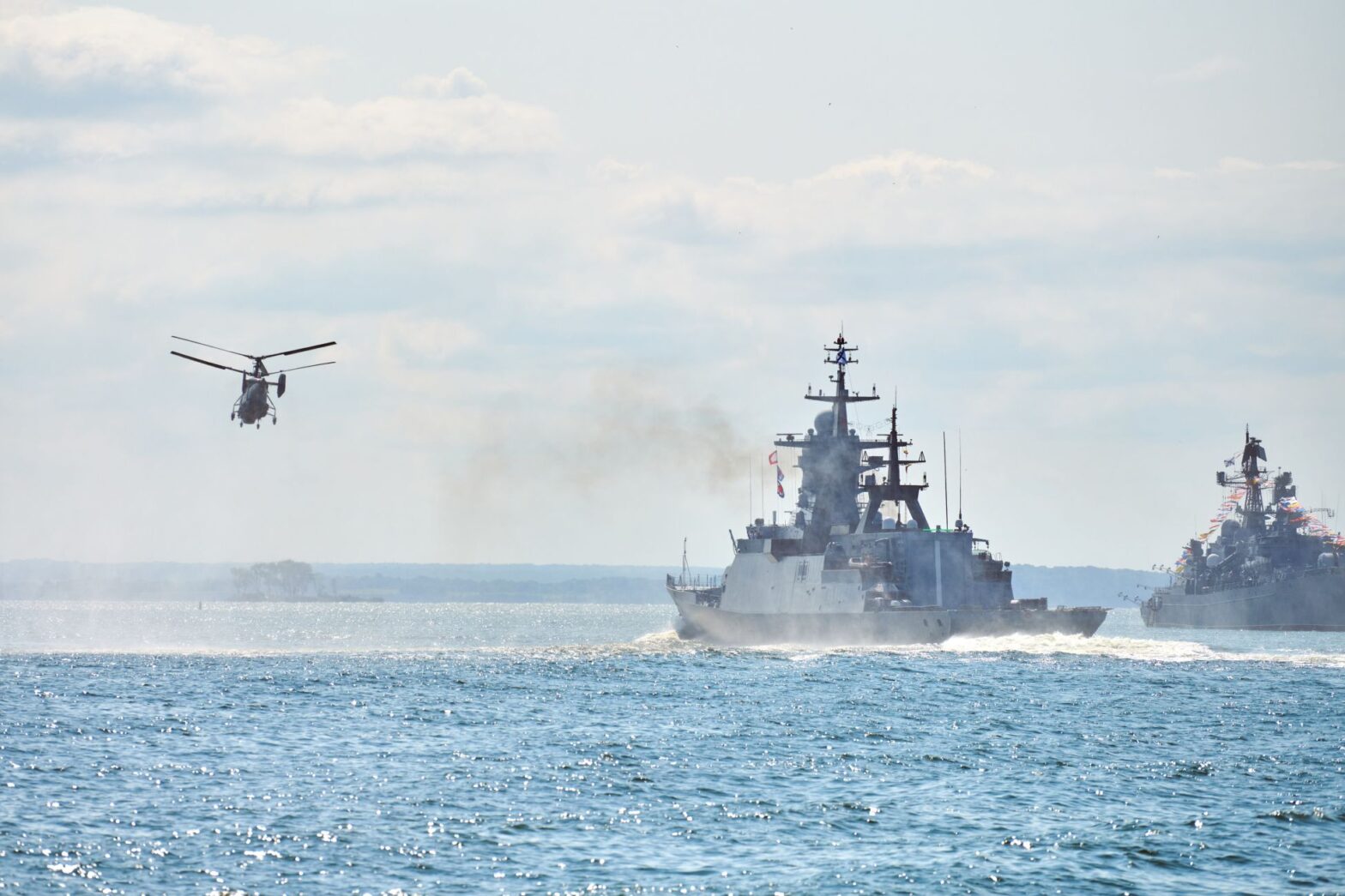Russia moves naval exercise outside of Irish waters
The Russian Embassy in Ireland has announced that, as a gesture of «good will», they will move their military exercise planned for February outside of the Irish Economic Exclusion Zone (EEZ) where they had originally planned to hold it. This followed concerns being strongly voiced by Irish politicians, Irish fishermen and conservation organisations in the last few days.
However, apparently Russia has not said where the exercise will now take place and, if it follows its original schedule, it is imminent. It is usual for navies to detail in advance where their exercises will occur as a warning to other sea users and those flying overhead to stay away.
Of course, even when such notices are issued, the whales and other vulnerable wildlife are unable to read them and OceanCare repeats its concerns about the potential for loud military sonars and explosions to harm animals, especially deep-diving whales, and even at some distance from the sources. Concerns for the safety of whales as well as impacts on fisheries were raised by Irish politicians ahead of Russia’s announcement, but the Russian Embassy has disputed that there is any evidence of harm. The Embassy is quoted as saying that: «There are neither grounds nor scientific data to believe that these exercises would influence the biodiversity of the ocean.»
There is currently speculation that the exercise will not move far from the original location close to the edge of the continental shelf. The whole northeast Atlantic is an important area for marine mammals and the edge of the shelf area is important habitat for a number of vulnerable whale species.
The Irish South and West Fishermen’s Producers Organisation and the Irish Fish Processors and Exporters Association have now called on the Irish Government to immediately introduce a ten-year moratorium on any future military exercises within Irish Waters or within the overall Irish EEZ. If such a ban could be implemented, it would be aimed at the navies of all countries, including UK and NATO forces.
Our underlying concern is that as navies exercise, for whatever reasons, vulnerable wildlife and especially whale species may be wounded and even lethally affected by this. Lethal impacts of any activities at sea may only be apparent sometime after the causes have ended when unusual numbers of bodies are washed ashore. So, we call on all navies to avoid deploying weaponry and sonars with the potential to harm such animals and to avoid important habitat areas. We also call on countries to collaborate in working to better understand the implications of such activities on marine wildlife and to fully apply the appropriate species and marine conservation provisions.
This is a rapidly developing issue and we will endeavour to provide further updates here.
- www.irishtimes.com/news/environment/russian-naval-drill-to-still-take-place-over-vital-cables-experts-believe-1.4789421
- www.rte.ie/news/world/2022/0126/1275945-ambassador-ukraine
- www.rte.ie/news/ireland/2022/0129/1276645-russia-ireland
- theskipper.ie/iswfpo-and-ifpea-propose-10-year-moratorium-on-future-military-exercises-within-irelands-eez
